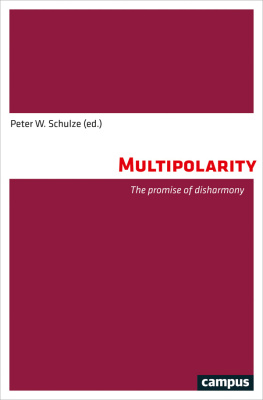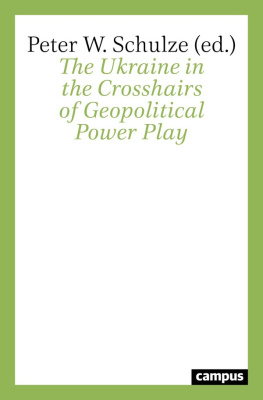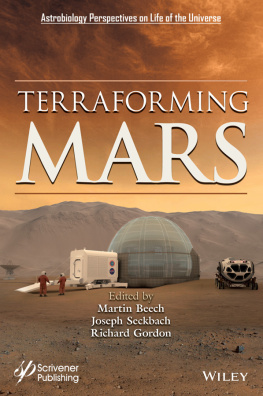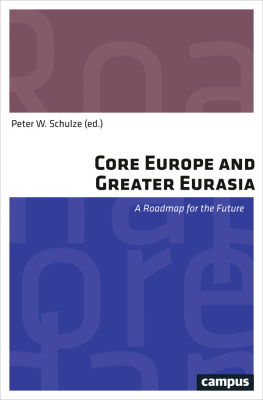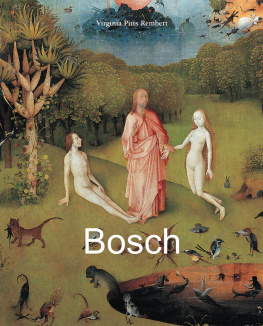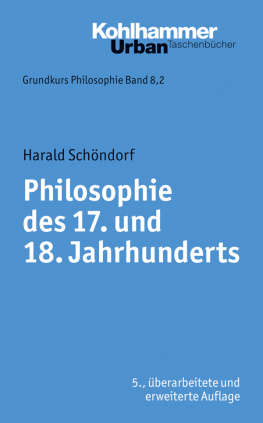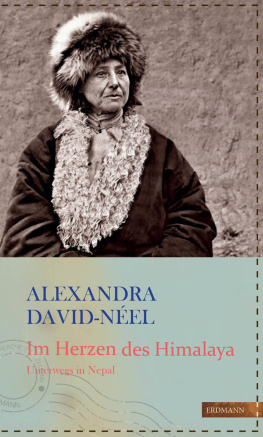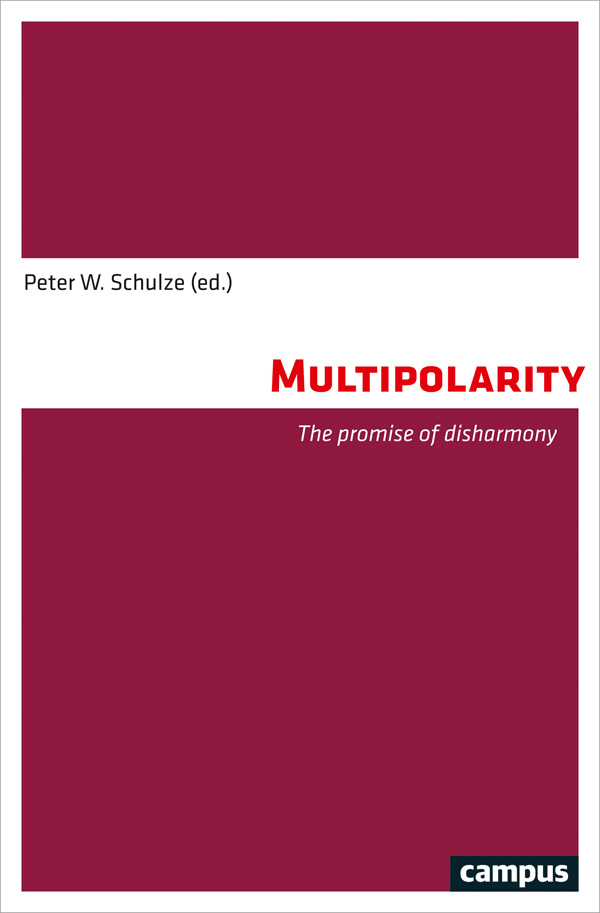Foreword
Peter W. Schulze
Europa kann seine Stabilitt nur gewinnen,
wenn es sicherheitspolitisch zwischen Lissabon und Wladiwostok
fr seine Staaten eine Struktur mit gemeinsamen Regeln formt.
[Europe can only obtain stability if it constructs a security architecture for its states between Lisbon and Vladivostok, based on common rules.]
Egon Bahr (1998, 84)
The current international order is in transition, driven by the interplay of its main actors: Washington; Moscow; Beijing; and less significantly, the European Union. Other emerging powers are also challenging the present arrangement and if successful, they will eventually create a multipolar global order. The transient international order is currently characterised by chronic instability, regional and global turmoil, and a dramatic decline in its ease of governance. The central question is whether the emerging multipolar order can provide security and welfare for the international community. Or, will we see policies based on protracted narrow definitions of national interests, undermining opportunities for trust and confidence-building among the driving forces of the transformation process? Are we bound to reawaken memories of the bipolar, Cold War era, with its proxy wars that instrumentalised domestic and regional conflicts for external purposes? The chances of reforming and democratising the United Nations are rather slim. Mutual trust and consensus over the essential challenges facing the worlds chief international actors are missing. This book is devoted to the questions of what the multipolar world order could lead to, and how it could affect the international systems major powers.
As Richard Sakwa concludes, the leading actors themselves are also exposed to drastic changes. According to Sakwa, the international system today is a binary order, with secondary institutions of international society at the top, including the United Nations and other institutions of economic, financial, legal, environmental, and social governance, while at a lower level are competing orders, whose relations are governed by the primary institutions of international society. Within this framework, Sakwa examines the contest between two putative post-Cold War orders. On one hand, the transformative order outlined by Mikhail Gorbachevto which successive Russian leaders have been committedis now joined by China and a few other countries in anti-hegemonic alignment. On the other hand, the US-led liberal international order became radicalised in the post-Cold War era in the absence of a serious peer competitor.
Richard Falk explores the United States response to world order challenges with a special concern for the rise of China and the qualitative decline of democracy in many important countries. On one level, the new situation at the global level pits China, as the master of soft power, on a collision course with the United States, the master of hard power. This collision course is threatened by the outbreak of wars between states that possess or seek nuclear weapons, by ecological decline, and by demagogic styles of leadership.
Jia Qingguo argues that the international community is rightly worried about the future of the international order if the US refuses to play an ongoing leadership role, pointing to dire consequences: a looming trade war; the potential collapse of the international non-proliferation regime; and the failure of initiatives that address global challenges like climate change, cyber security, arms control, and pandemic disease. In this respect, the Trump presidency amounts to a game changer. Washington no longer subscribes to the view that the US needs to maintain the international order in order to protect its own interests. Despite its economic and industrial strength and enhanced international reputation, Jia Qingguo denies that China can step into the role of world leader in the near future.
Sergey Karaganov and Dmitry Suslov say the collapse of outgoing international orders requires creative participation in the building of a new, balanced world order. Both authors assume the hegemonic position of the USalong with the attraction of its prevailing ideological scheme, institutionalised international liberalismwill steadily evaporate. They define Russia as a major supplier of global security, as is borne out by its policies in the Middle East and Central Asia, and by its efforts to prevent the expansion of Western alliances in Europe. The chapter recommends that Russia formalise this status politically and revive its commitment to international law. In geopolitical terms, the authors argue Russias most promising option in the coming years would be a further pivot to the East to create a comprehensive partnership in Greater Eurasia. In order to achieve this, Russia, China, India, Japan, and other actors in Asia and Eurasia should develop Greater Eurasian and Indo-Pacific partnerships as compatible and cooperativenot adversarialprojects. Only if these goals are successfully accomplished can Russia turn again to Europe and improve relations with leading European countries.
Alexey Gromyko takes up the concepts of Greater Europe and Greater Eurasia. He explores the various models of international relations that have existed since 1945, emphasising the increasing complexity of the contemporary world and promoting the idea of constructive polycentrism reliant on modern international law with the UN and its Charter at the core. Gromyko dwells on the EUs inability to conduct independent foreign policy as a consequence of its undeclared lowest-common-denominator principle. Regarding Russia, he points to numerous external threats that have been aggravated by the broader challenges faced by Europe, from the Atlantic to the Pacific. External conditions have hampered Russias goals for economic modernisation and social development. Gromyko concludes that Russias goal to establish itself in the twenty-first century, not only as a European, or even a Euro-Asian power, but as a power of the three oceans, is impossible to achieve unless Wider Europe becomes a reliable and stable region. Without this precondition, Russias turn to the East, as a long-term diversification of its economic and political policies, will be fraught with significant risks.

